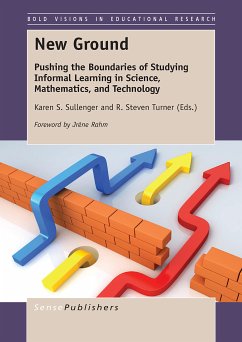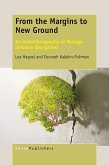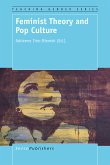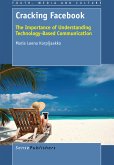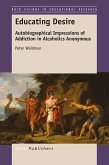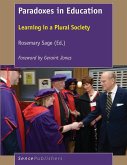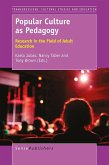Between 2004 and 2009, university educators, practicing scientists, museum and science-centre personnel, historians, and K-12 teachers in Canada's eastern Atlantic provinces came together as a research community to investigate informal learning in science, technology, and mathematics. The interdisciplinary collaboration, known as CRYSTAL Atlantique, was sponsored by Canada's National Science and Engineering Research Council. In this volume, the CRYSTAL participants look back on their collective experience and describe research projects that pushed the boundaries of informal teaching and learning. Those projects include encounters between students and practicing scientists in university laboratories and field studies; summer camps for science engagement; after-school science clubs for teachers and students; innovative software for computer assisted learning; environmental problem-solving in a comparative, international context; online communities devoted to solving mathematical problems; and explorations of ethonomathematics among Canadian aboriginal peoples. The editors and contributors stress the need for research on informal learning to be informed continuously by a notion of science as culture, and they analyze the forms of resistance that studies of informal learning frequently encounter. Above all, they urge a more central place for informal science learning in the larger agenda of educational research today.
Dieser Download kann aus rechtlichen Gründen nur mit Rechnungsadresse in A, B, BG, CY, CZ, D, DK, EW, E, FIN, F, GR, HR, H, IRL, I, LT, L, LR, M, NL, PL, P, R, S, SLO, SK ausgeliefert werden.

